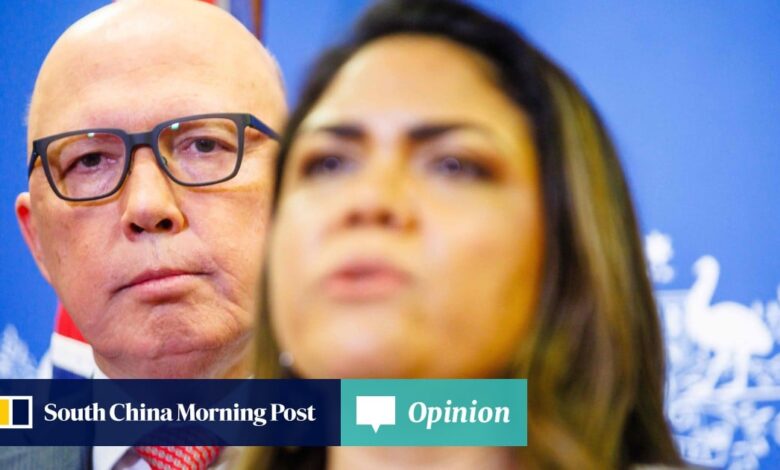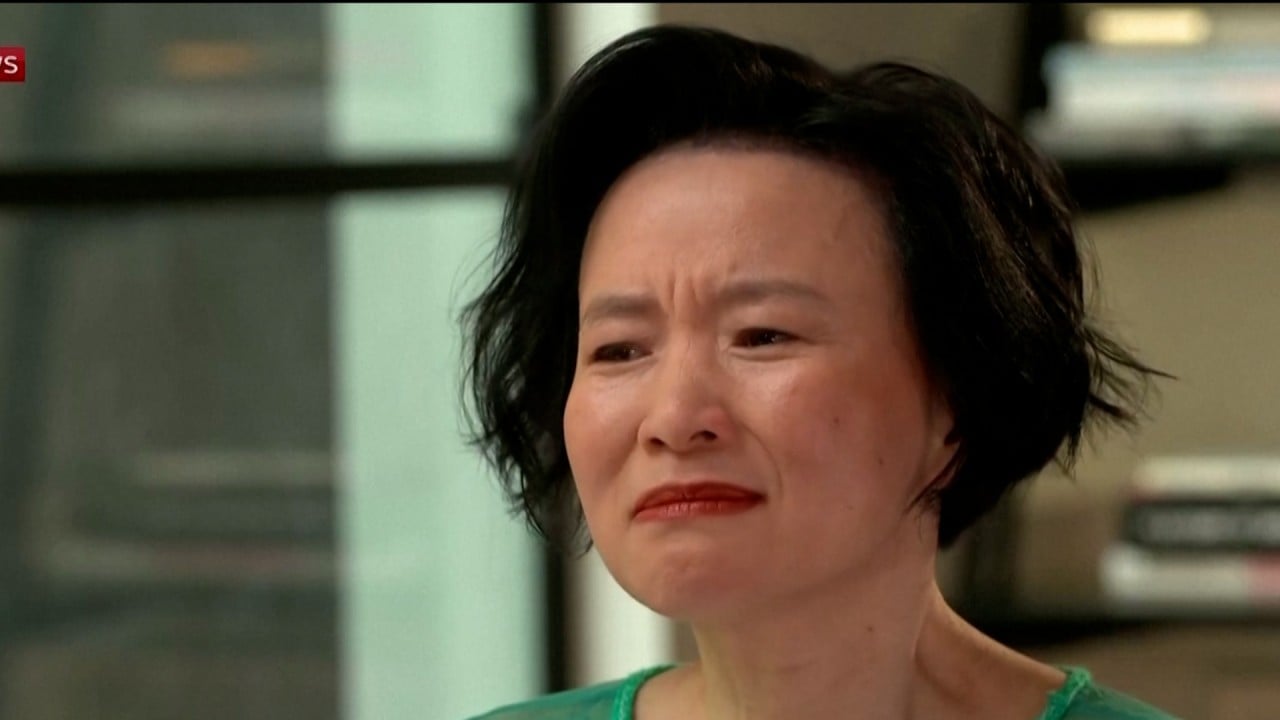Opinion: In China policy, Albanese’s hands are tied by Australia’s populist forces

[ad_1]
The link between China policy and a recent referendum on constitutional recognition of Australia’s First Peoples might at first glance appear to be tenuous. Yet the referendum result reveals the very deep cleavages in Australian society that constrain Albanese from developing an independent and ambitious foreign policy in the national interest.
On October 14, the majority in every state of Australia rejected a proposal to recognise the First Australians in the constitution and to consult them on matters affecting them. In an earlier time, such a commonsensical proposition would have garnered consensus support, yet it was rejected by a majority mobilised by relentless negativity and disinformation.
This is of course the new normal in liberal democracies where populism is undermining the middle ground, replacing the old normal in which opposition and government alike used to battle over possession of the middle ground.
Chinese buyers are not the cause of Australia’s housing woes
Chinese buyers are not the cause of Australia’s housing woes
Albanese comes to China acutely aware of this cleavage in the society he leads. The referendum result has underlined the limits on Albanese’s ability (or perhaps that of any leader in today’s liberal democracies) to persuade a majority into taking a middle-ground view, when fear and negativity have been mobilised by populist forces.
A minority understand that Australia must pursue a complex, multilayered foreign policy, aligning with the United States for security and at the same time building pragmatic partnerships with a diverse range of regional powers, including China. Albanese will likely talk about such a pragmatic relationship with China but it will be judged at home through the populist filter of fear.
Dutton will be watching like a hawk for any words or actions during Albanese’s visit that can be characterised as “soft” on China and that will allow him to open up a cleavage on China policy. If the Chinese government removes the remaining punitive tariffs on Australian goods, Albanese will at least be able to point to a transactional success as a result of his shift away from the confrontational tactics of his predecessors.
If, on the other hand, Chinese trade barriers remain, expect a distrustful majority to be mobilised against constructive engagement between the two countries. The key objectives for Albanese’s visit to China are therefore modest, and will be judged by his domestic constituency as successful if those modest objectives are achieved.
The domestic constraints on leaders are always important to understand. No matter how much Albanese may personally wish to make a mark as ambitious as Whitlam’s 1973 visit, paving the way for such unambiguously successful outcomes in the national interest, the times are not with him.
David Morris is a former Australian and multilateral diplomat. He is a senior fellow at the Center for China and Globalization. Twitter: @dm_1earth
[ad_2]
Source link






